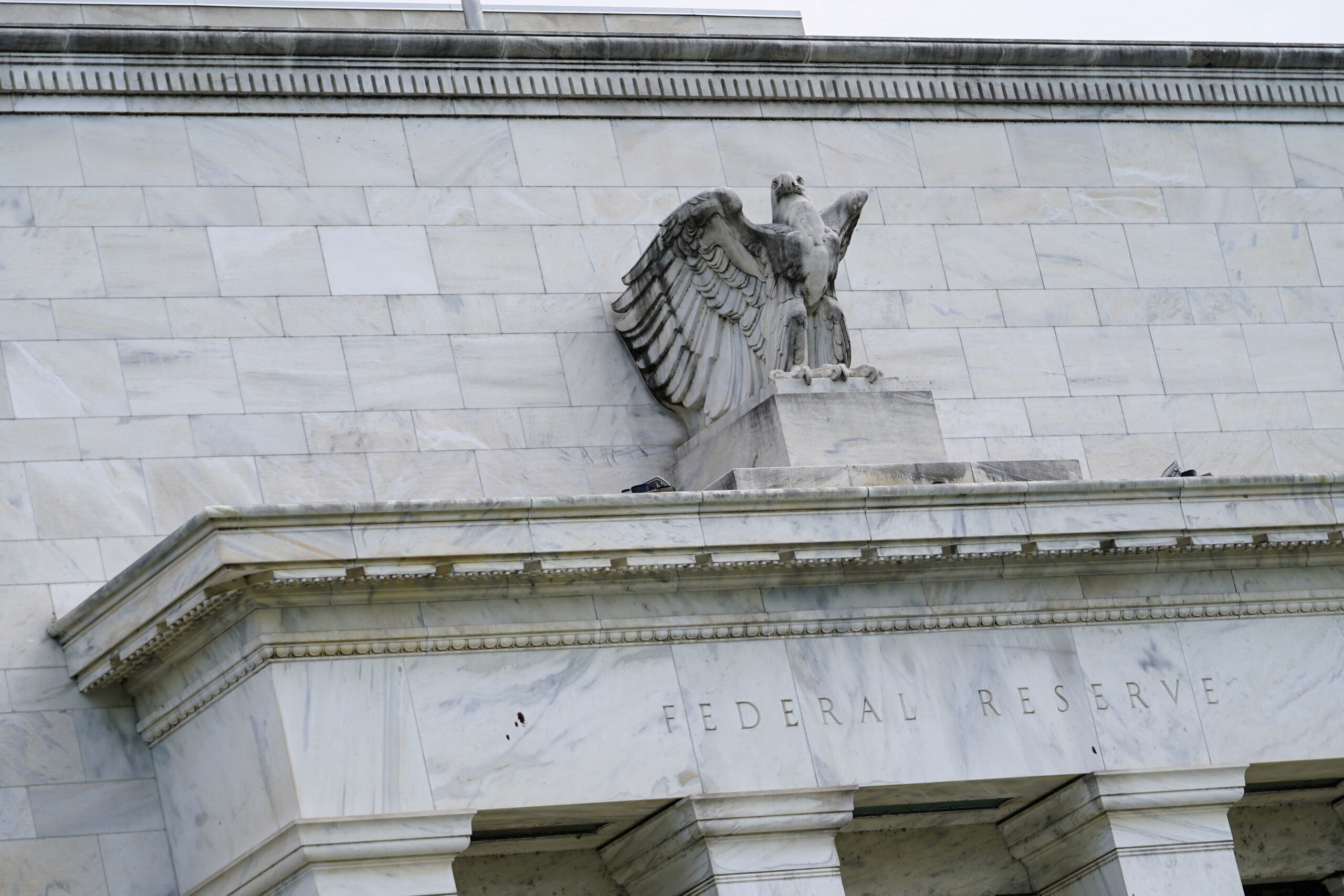LONDON – Investors poured $61 billion into cash-like money market funds in the week to Wednesday, as they braced for the Federal Reserve to cut interest rates for the first time in four years, Bank of America said on Friday.
WHY IT’S IMPORTANT
Many investment fund managers have hoped rate cuts will lower the returns on money-market funds (MMFs) and send a torrent of cash into stocks and bonds.
But, somewhat counter-intuitively, big investors tend to move into MMF as the range of short-term fixed-income assets they hold typically offer higher returns for longer than short-term Treasury bills, whose yields are highly sensitive to Fed rates.
BY THE NUMBERS
Investors put $60.8 billion into cash funds in the week to Wednesday, adding to the largest five-week inflow into cash since December 2023 at $231 billion, BofA said in its weekly Flow Show report, citing EPFR data.
They put $9.5 billion into bonds, although U.S. Treasuries suffered the largest outflow since January, at $1.9 billion. Investors put $3 billion into stock funds and $600 million into gold.
CONTEXT
U.S. economic data has suggested the labor market is cooling, with job openings falling and payroll growth slowing, putting the Fed on track to cut rates at its meeting on Sept. 18.
U.S. interest rates are currently in a 5.25% to 5.5% range, leaving yields on money market funds at their highest since before the financial crisis in 2008.
A touch over $6.3 trillion currently sits in U.S. money market funds, up from $3.6 trillion at the start of the pandemic, Investment Company Institute data shows.
WHAT’S NEXT
Investors will be scrutinizing U.S. economic data, particularly Friday’s August employment report, for clues about whether the Fed will cut 25 or 50 basis points this month. Bad economic news could lead to a rush into safe-haven government bonds.
(Source: ReutersReuters)
Mark Glenn is a financial journalist and breaking news reporter for ABBO News. Mark is known for his ability to deliver real-time news updates on market developments, mergers and acquisitions, corporate earnings reports, and regulatory changes, helping investors stay informed and make sound financial decisions. Read Full Bio










